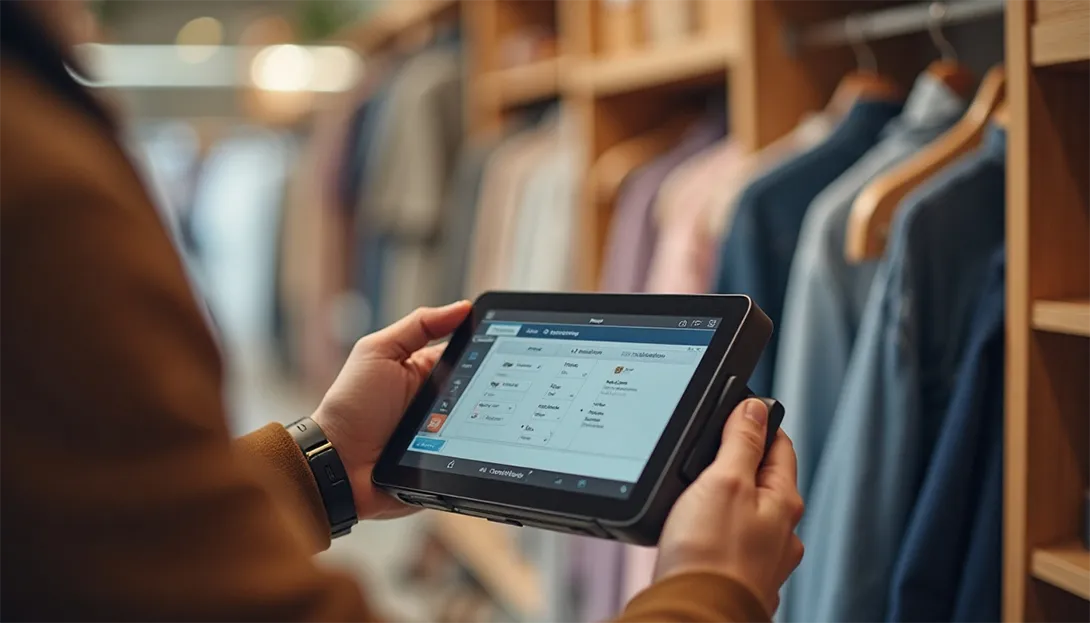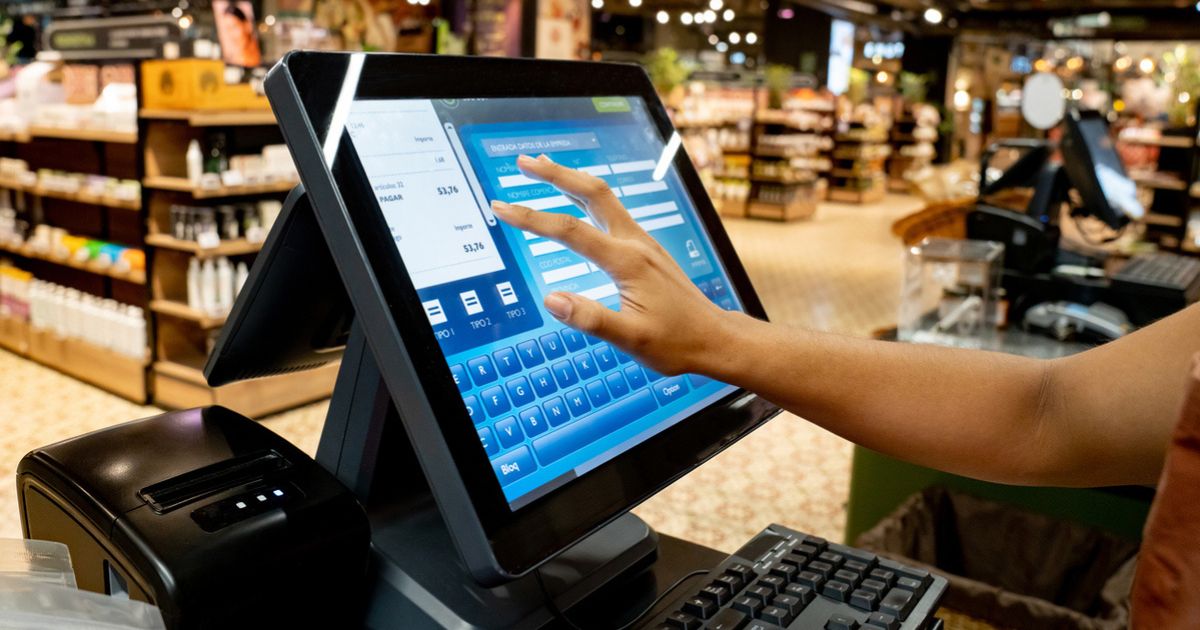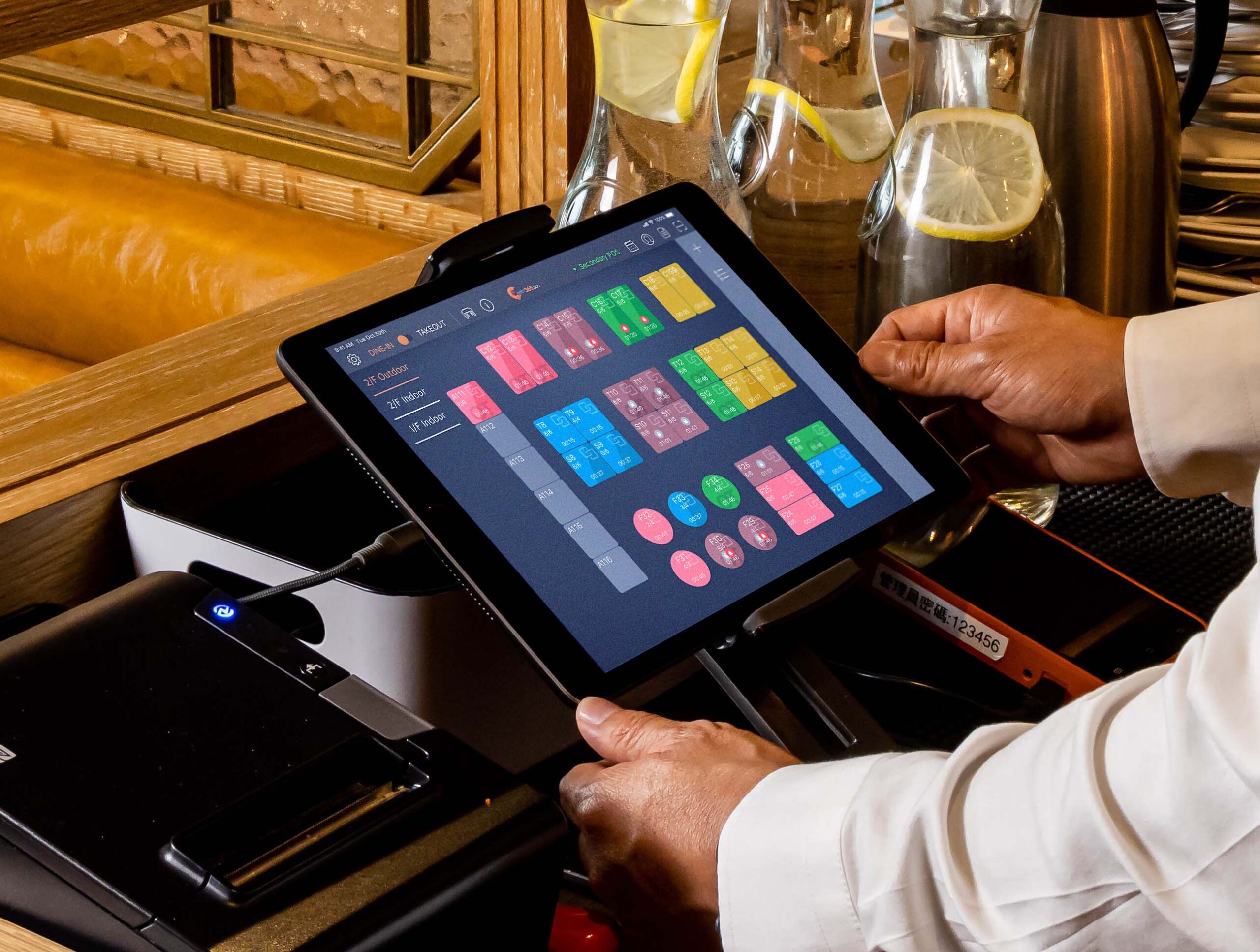How POS Systems Can Reduce Retail Losses

Retail businesses face a persistent challenge: losses due to theft, errors, and inefficiencies. According to industry reports, inventory shrinkage and operational mistakes can cost retailers millions annually. Fortunately, modern Point of Sale (POS) systems offer effective solutions to minimize these losses while improving overall business efficiency. From tracking inventory in real time to providing detailed transaction analytics, POS systems have become an indispensable tool for retailers seeking to protect profits and enhance operations.
Real-Time Inventory Management
One of the leading causes of retail losses is inventory mismanagement. Overstocks, stockouts, and untracked products can result in lost revenue or unnecessary expenditures. POS systems address this by providing real-time inventory tracking. Every sale is automatically recorded, and stock levels are updated immediately. Retailers can set alerts for low inventory, automate reordering, and track product movement across multiple locations. This prevents overstocking, reduces the risk of expired or obsolete products, and ensures that popular items are always available for customers.
Minimizing Human Errors
Manual processes in retail, such as hand-recorded transactions or paper-based stock counts, are prone to errors. Mistakes in pricing, discounts, or inventory counts can directly lead to financial losses. POS systems automate transaction processes, reducing human error significantly. From scanning products to calculating totals and applying discounts, a POS system ensures accuracy and consistency. By minimizing mistakes, retailers save money and enhance customer trust, as shoppers receive correct pricing and seamless service.
Preventing Theft and Fraud
Shrinkage due to theft—both internal (employee) and external (shoplifting)—is a major contributor to retail losses. POS systems help monitor transactions and employee activities in detail. Many systems include user-level access controls, so employees can only perform actions within their permissions. Alerts for suspicious activity, voided transactions, or unusual discounts can be set up, allowing managers to intervene quickly. Additionally, integration with surveillance systems can link POS activity with video footage, making it easier to identify and prevent theft.
Enhancing Reporting and Analytics
A POS system generates detailed reports on sales, inventory, and customer behavior. Retailers can identify trends in product performance and detect anomalies that may indicate losses. For example, if a high-value product shows irregular sales patterns, it may suggest theft, misplaced stock, or reporting errors. By analyzing these insights, businesses can make informed decisions to improve operations, optimize stock levels, and reduce potential losses before they escalate.
Streamlining Returns and Exchanges
Uncontrolled return processes can also contribute to losses. POS systems track returns and exchanges accurately, ensuring that returned items are properly accounted for in inventory and preventing fraudulent returns. Many systems can flag repeated return patterns or suspicious activity, allowing managers to investigate and reduce abuse of return policies.
Integrating with Security Systems
Modern POS systems can integrate with other retail technologies, such as barcode scanners, RFID tags, and security cameras. This enhances loss prevention by providing end-to-end monitoring of inventory, from receiving shipments to final sales. Integration allows for better tracking of high-risk items, reducing theft and operational errors simultaneously.
Supporting Staff Accountability
POS systems improve employee accountability by tracking who handled each transaction. When staff know their actions are monitored, there is less opportunity for internal theft or mishandling. Additionally, managers can assess employee performance and identify areas for training, which further reduces the likelihood of errors that could result in financial loss.
Conclusion
Retail losses can have a significant impact on profitability, but modern POS systems offer a comprehensive solution to mitigate these risks. Through real-time inventory tracking, automation, fraud prevention, detailed analytics, and integration with security tools, POS systems empower retailers to protect their profits while enhancing efficiency. By adopting a robust POS solution, retail businesses can reduce losses, improve operational accuracy, and create a safer, more reliable environment for both staff and customers. In today’s competitive retail landscape, investing in a POS system isn’t just a convenience—it’s a necessity for sustainable growth and profitability.






